Top 5 Mistakes To Avoid When Buying Property in Thailand

Thinking about buying property in Thailand? Read this first. If you’re a foreigner exploring the idea of owning a property in Thailand, whether it’s a beachfront condo, a stunning pool villa, or a smart investment in an upcoming area, you’re not alone. Thailand’s charm, affordability, and lifestyle have drawn many to its real estate market. But while the opportunities are real, so are the risks. This blog highlights the mistakes to avoid when buying property in Thailand and is designed to support you in making confident, secure choices throughout your buying process. We’ll walk you through the key red flags to watch out for, the common pitfalls that trip up foreign investors, and what to avoid when acquiring property in Thailand. Before you sign anything or wire funds, here’s what you need to know.
Top 5 Mistakes to Avoid When Buying Property in Thailand and How to Avoid Them
1. Not Hiring a Reputable Lawyer
One of the biggest mistakes foreigners make is relying solely on real estate agents or developers for legal advice. While agents can be helpful, their primary goal is often to close the sale, which can lead to conflicts of interest. Without a qualified, independent lawyer, you risk missing critical details in contracts, title deeds, or local regulations, potentially leading to disputes or financial loss.
How to Avoid This Mistake When Buying Property in Thailand
Always hire a reputable lawyer who specializes in Thai property law and has proven experience in the local real estate market. When choosing legal support, it’s essential to find a lawyer who can communicate fluently in English or your native language to ensure clear understanding throughout the process. To avoid common pitfalls, including some of the mistakes to avoid when buying property in Thailand, make sure your lawyer is independent (not affiliated with the seller) and ask for references or reviews from past clients. Your lawyer should thoroughly verify the property’s title deed (preferably a Chanote), check for any encumbrances such as mortgages, and carefully draft or review contracts to protect your interests. For example, a knowledgeable lawyer can ensure a lease agreement is properly registered with the Land Department to provide maximum legal security.
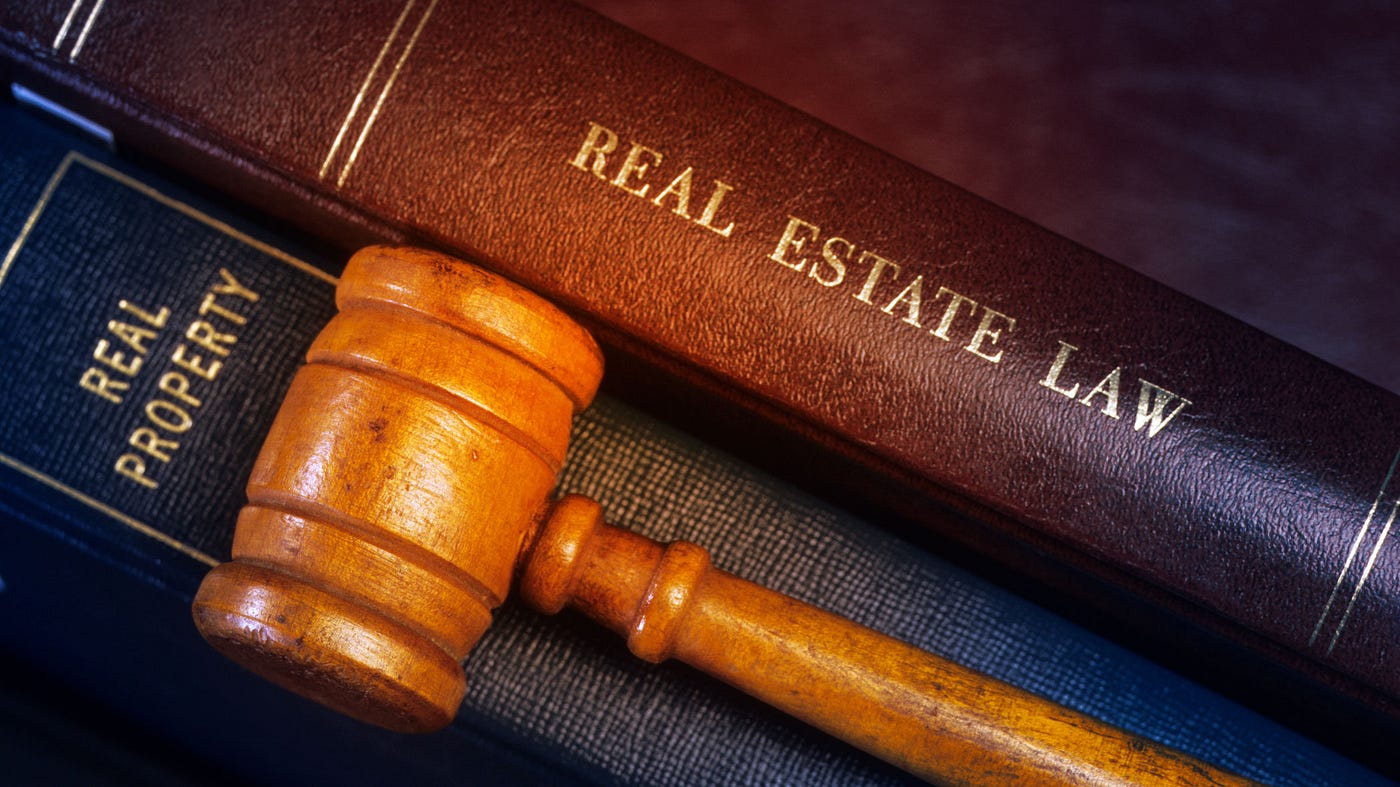

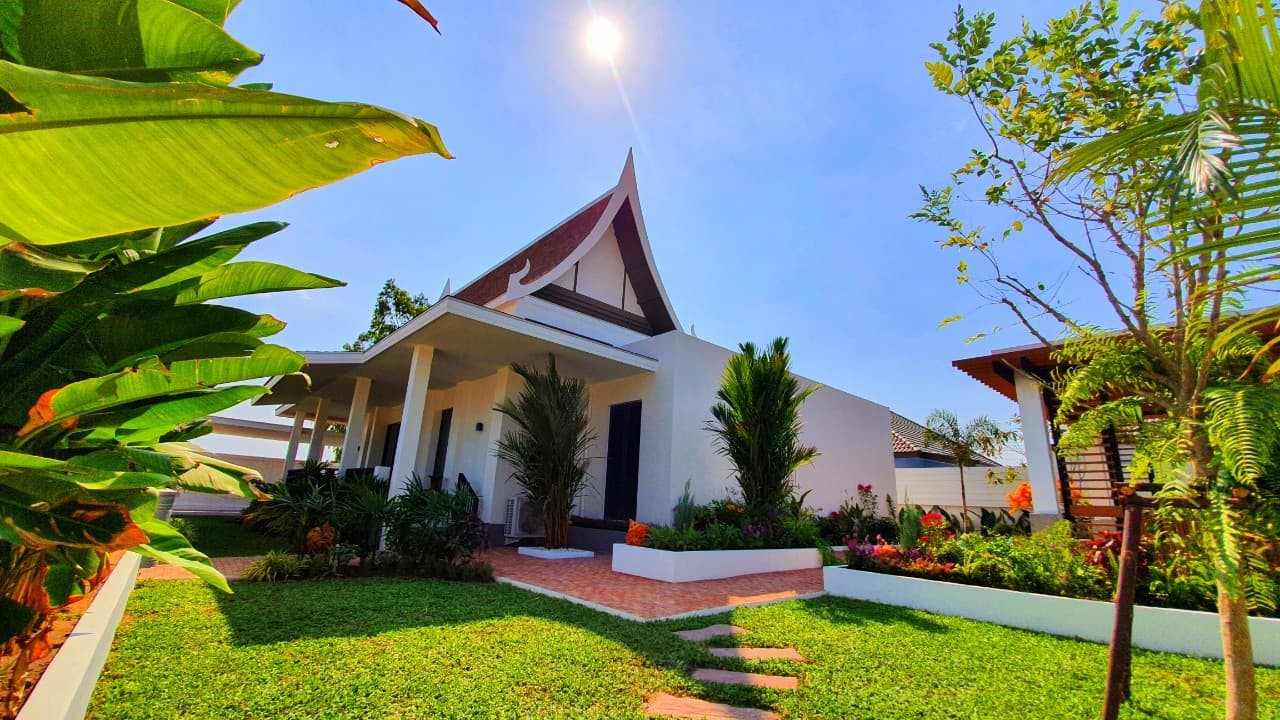

2. Ignoring Legal Restrictions on Land Ownership
Thailand’s Land Code Act B.E. 2497 (1954) prohibits foreigners from directly owning freehold land, a rule many newcomers overlook. Attempting to purchase land outright in your name is not only illegal but can result in the transaction being voided, leaving you with no legal claim to the property.
Tips:
Understand your options as a foreigner. You can legally acquire property through:
- Long-term leases: Secure a leasehold agreement (up to 30 years, renewable) registered with the Land Department.
- Thai company structure: Set up a Thai company (with at least 51% Thai ownership) to hold land, but ensure compliance with the Foreign Business Act B.E. 2542 (1999) and other relevant regulations. Consulting with an experienced lawyer will help you navigate these requirements and structure your ownership in a way that is both legal and secure.
- Condominium ownership: Foreigners can own up to 49% of a condo project’s units under the Condominium Act B.E. 2522. Consult a lawyer to choose the right structure and avoid illegal workarounds like nominee schemes, which can lead to loss of control and legal penalties.
3. Neglecting Due Diligence on Developers
When buying condominiums, foreigners often trust developers without researching their credibility. Some developers cut corners, lack proper permits (like an Environmental Impact Assessment for large projects), or have financial issues, which can delay or derail projects, leaving buyers stranded.
Best Way To Avoid This Mistake
Research the developer’s track record before committing. Check their past projects, financial stability, and online reviews. Verify that the condo project has all necessary permits, including the EIA. Visit completed projects by the same developer to assess quality, and confirm with the condo juristic person that the foreign ownership quota (49%) hasn’t been exceeded.
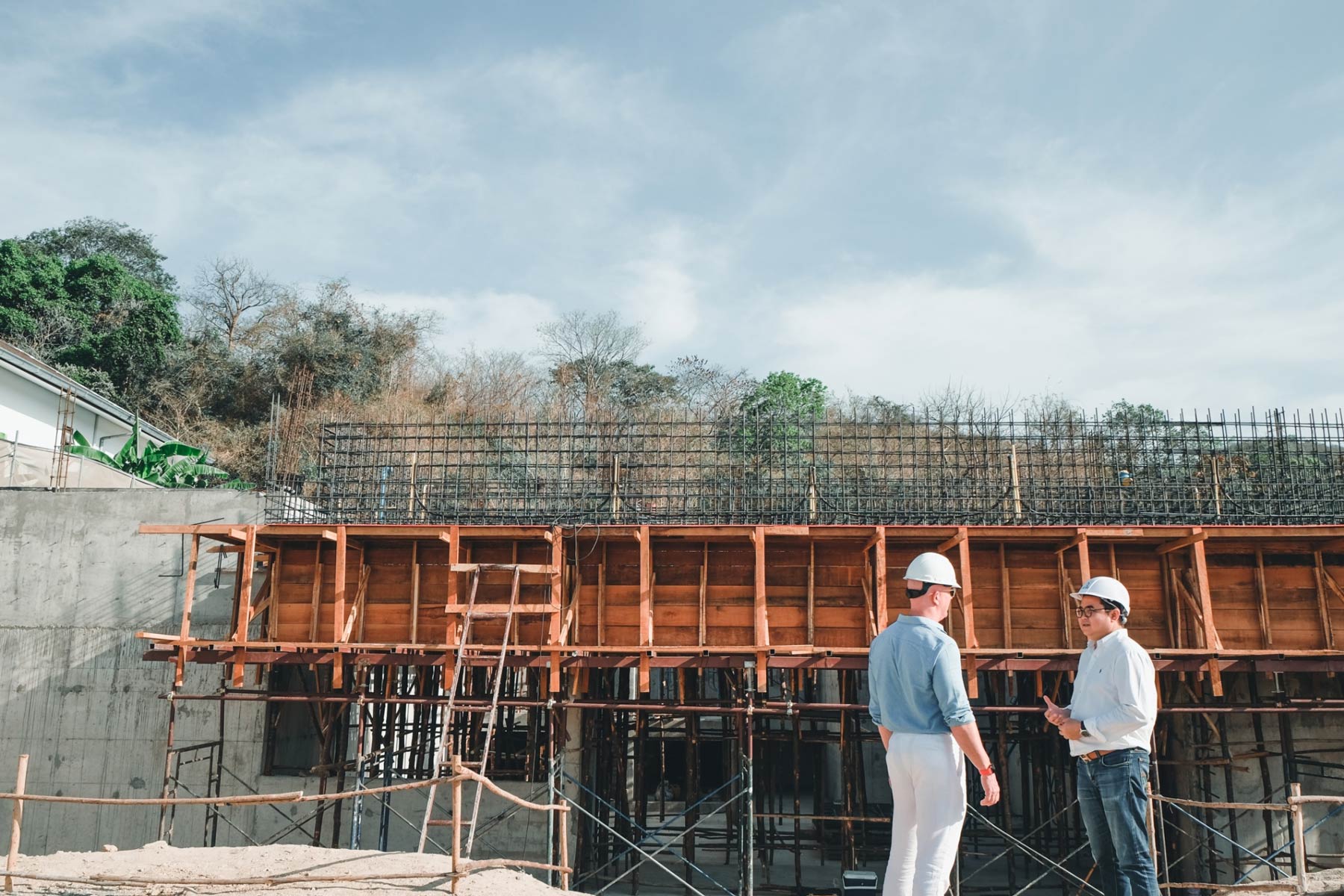
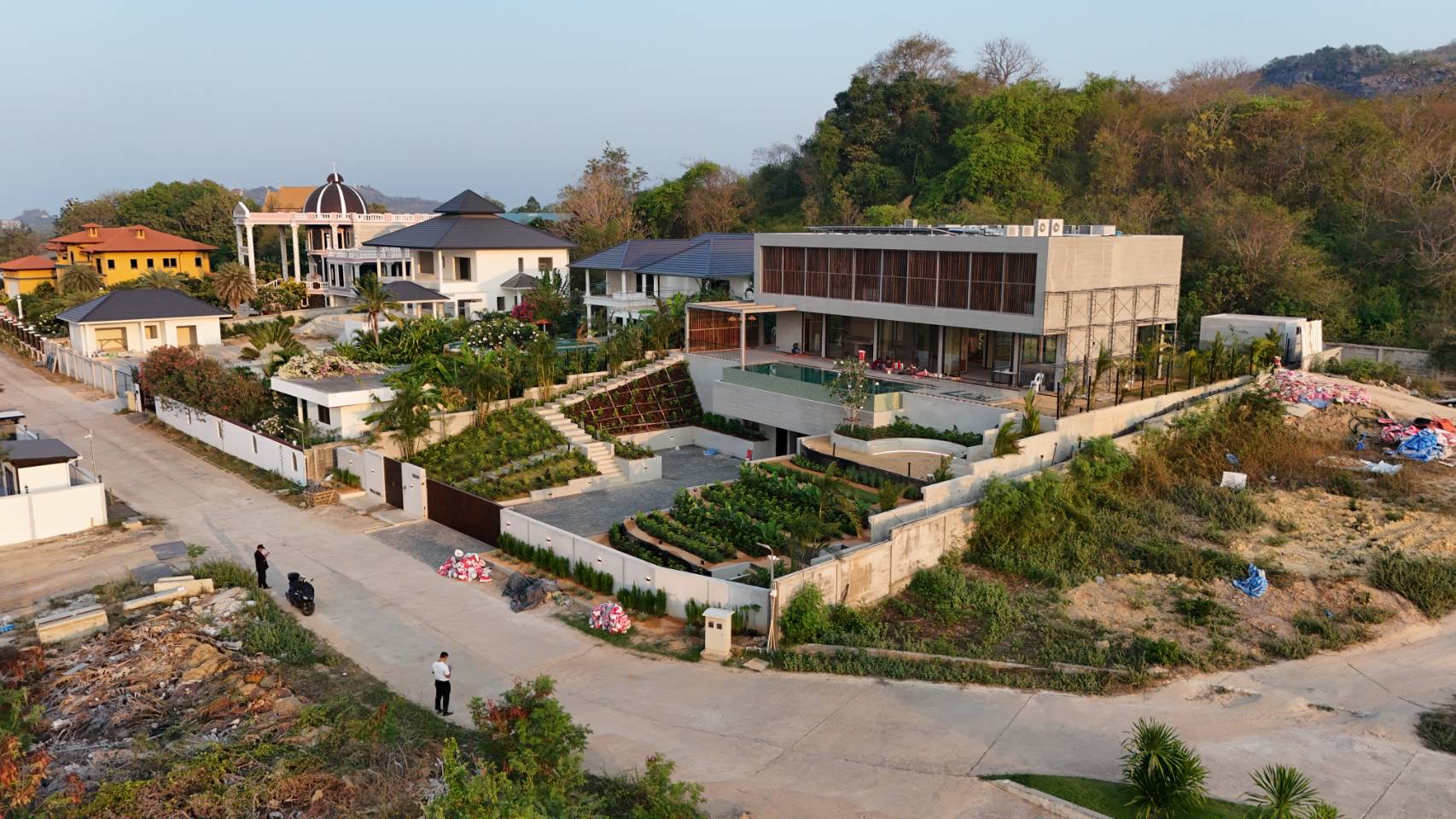
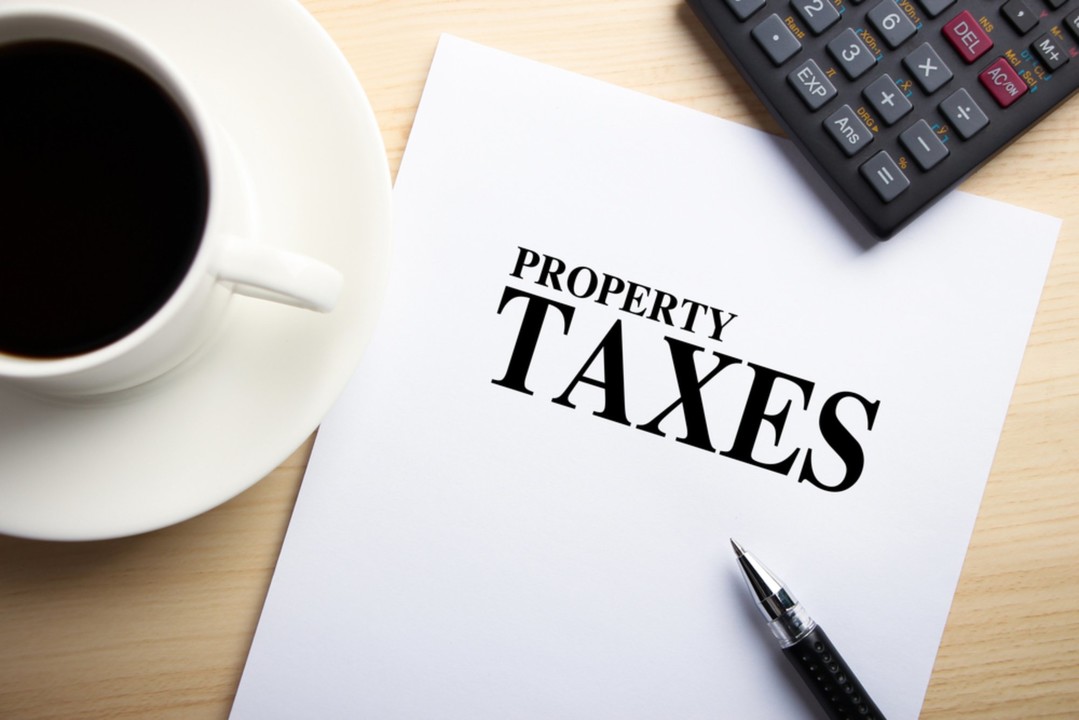

4. Not Accounting for Hidden Costs
Many foreigners are caught off guard by costs beyond the property’s purchase price. Transfer fees, taxes, and ongoing maintenance can significantly inflate your budget if not planned for, leading to financial strain.
So be sure to budget for all associated costs upfront:
- Transfer fees: Typically 2% of the property’s assessed value, often split between buyer and seller (negotiable).
- Stamp duty: 0.5% of the assessed value.
- Withholding tax: 1% for individual sellers, based on the assessed or sale price (whichever is higher).
- Condo maintenance fees: Vary by project, so check the condo juristic person’s fee structure. Work with your lawyer and agent to get a detailed breakdown of costs before signing any agreement.
5. Rushing into Purchases Without Market Research
The allure of a low price or a flashy marketing campaign can tempt foreigners to buy impulsively without understanding the local market. This can lead to choosing a poorly located property, or missing out on better investment opportunities.
So be sure to take time to research the market thoroughly. Compare prices of similar properties in the area, check historical price trends, and investigate future developments (e.g., new infrastructure or tourism projects) that could affect value. Visit the property multiple times at different times of day and talk to locals about the area’s pros and cons. For example, a villa in Phuket might seem like a steal, but if it’s in a flood-prone or underdeveloped area, it could lose value over time.
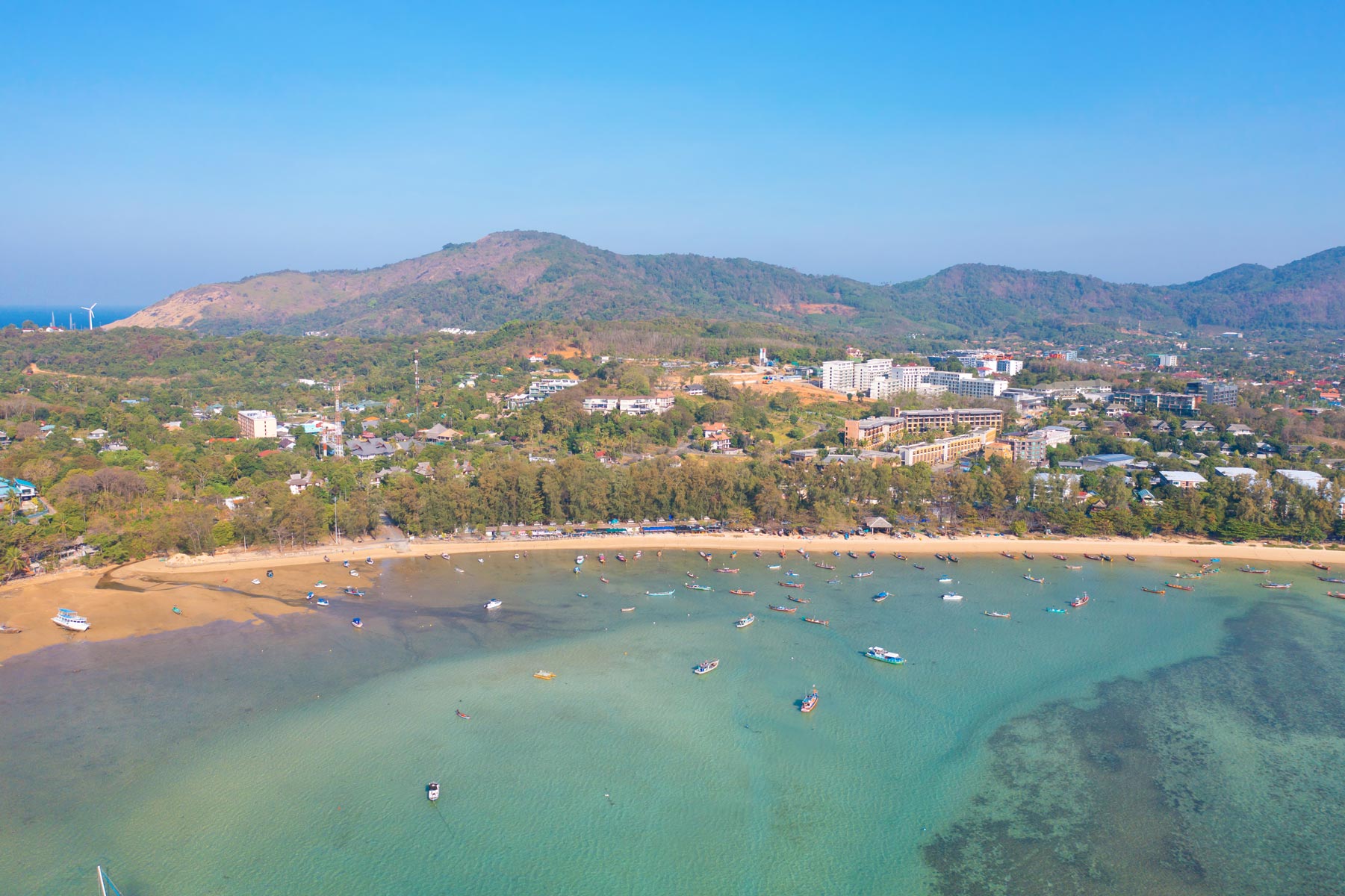

Buying Property In Thailand As A Foreigner
Buying property in Thailand as a foreigner can be a rewarding investment, but it requires careful planning and a solid understanding of local laws. By avoiding these five common mistakes when buying properties in Thailand, you can protect your investment and enjoy your slice of paradise with peace of mind.
Ready to start your property acquisition in Thailand? Consult a trusted lawyer, conduct thorough research, and take your time to make informed decisions.
Disclaimer: Always seek professional legal advice tailored to your situation before purchasing property in Thailand. This blog is for informational purposes only.
